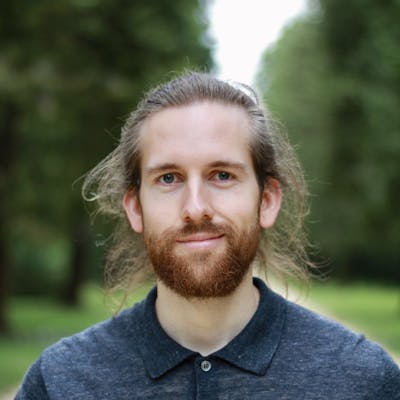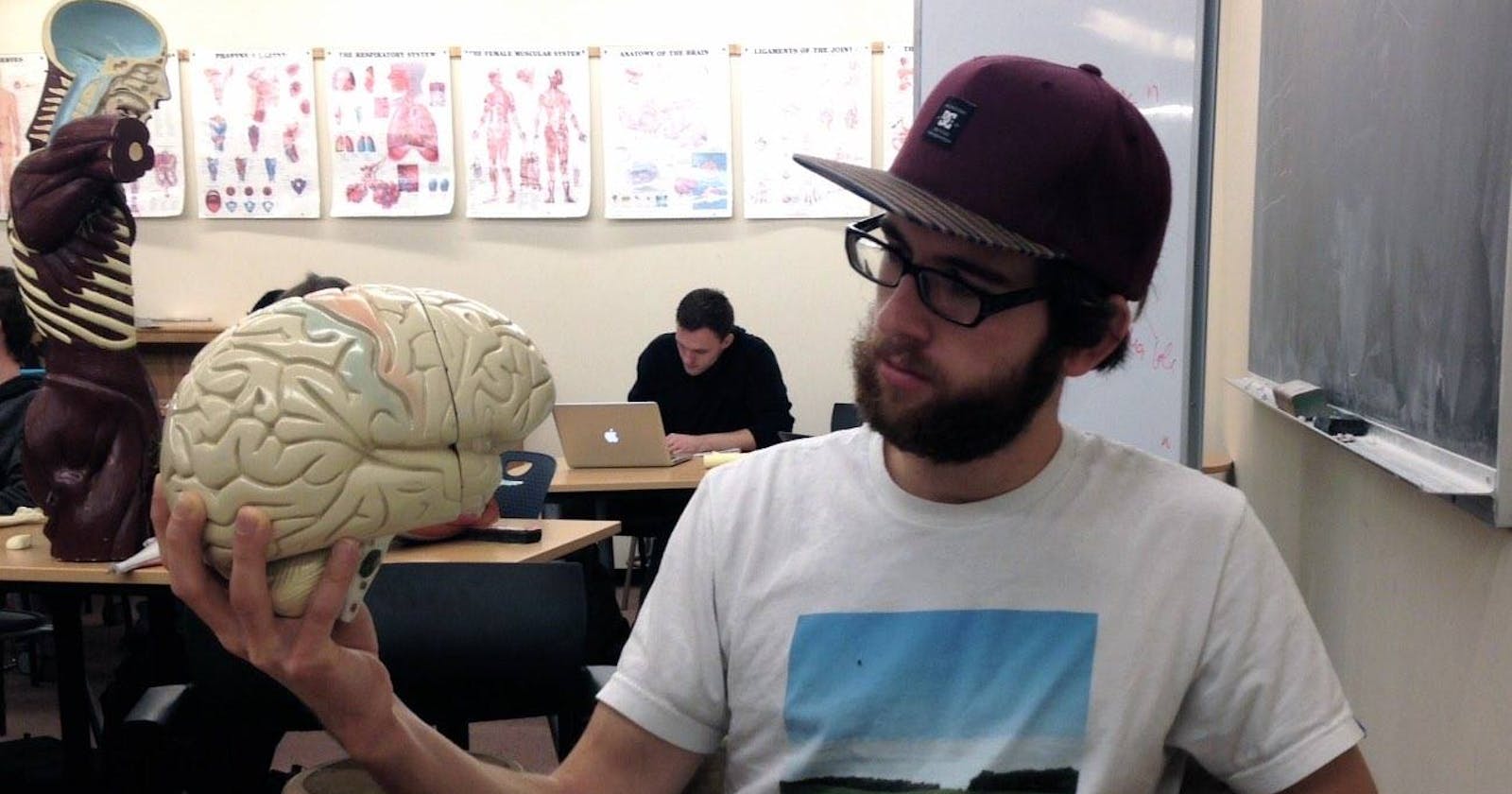Physics is the science of dead matter. Neuroscience in contrast deals with the phenomenon that should be most important to us humans: Our mind. Our entire life consists only of our memory - and the tiny moment we are experiencing right now.
Everything we experience are sensations processed by our brain. Leading to thoughts, leading to actions. Most of these actions happen on their own. We don't control our heartbeat. We don't control our lip movements when we say "Thank you". We don't think about every step when we walk. We don't know how we recall our last vacation on the beach. We don't control our dreams. We barely control our emotions. We breathe on our own. We digest on our own. We get angry on our own. We fall in love on our own. There is much we can do unconsciously. Yet our consciousness is everything we have. Without it, we would be dead. Why did it develop? What is its function? Couldn't just all life have happened 'in the dark' as a physical process? Without pain, without pleasure, and without subjectivity?
I want to study neuroscience because I want to understand what it is that makes our lives possible. There is no soul within us independent of our body. If so, why could it be affected by physical events? By electromagnetic waves that enable vision, by pressure oscillations that enable hearing. If our soul was independent of the physical world why could it be affected by dead matter like alcohol? Or a stroke causing brain damage? If there is a soul it has to depend on biological processes. Which depend on chemical reactions. Which are physical events. If those stop - our soul is gone. Of all the activity happening in our brain, what makes up our soul, our consciousness? Is it communicating brain areas? Neural circuits with sufficient complexity? Does every single neuron contribute to consciousness? Does it come from something inside the neurons we did not discover yet?
The famous physicist Roger Penrose believes quantum oscillations within the microtubules of our neurons make up consciousness. Those happen right on the border between macro- and microcosm. As soon as physicists find the Grand Unified Theory, the theory that connects Quantum Mechanics with General Relativity, we will understand consciousness, he states. My German philosophy professor Thomas Metzinger used to make fun of that approach. "There are two things humanity did not understand: Quantum mechanics and consciousness. Therefore they must be related!" Most other neuroscientists and philosophers find Penrose's theory doubtful, too. Despite his major contribution to modern physics and mathematics.
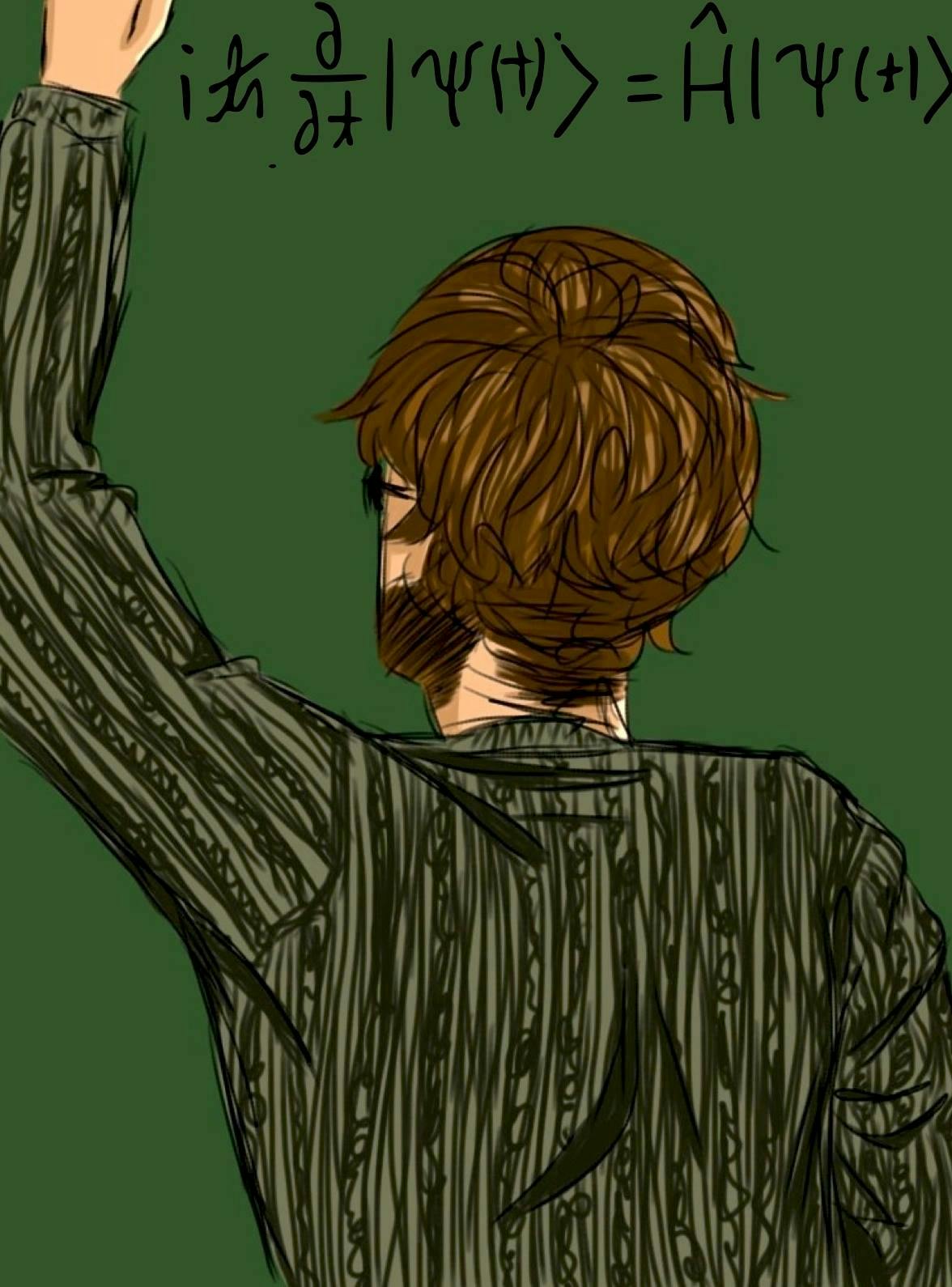
Science and consciousness - a difficult pair. Will we ever understand what consciousness is? What would this explanation look like? How is objective science supposed to explain something that is fundamentally subjective? Isn't that a contradiction? I hope it is not. I want to become a neuroscientist to explore consciousness. This is why I study physics. To understand a complex system you have to break it into its parts, I believe. You have to reduce behavior to brain mechanisms and brain mechanisms to physical processes.
But isn't the whole more than the sum of its parts? Will I understand consciousness less the closer I look into the brain? Maybe. Well, at least all unconscious brain mechanisms can be understood by reduction. Today's neuroscience demonstrated this successfully already. If I don't come close to the question of my life, what consciousness is, at least I will understand the main part of human cognition, I comfort myself.
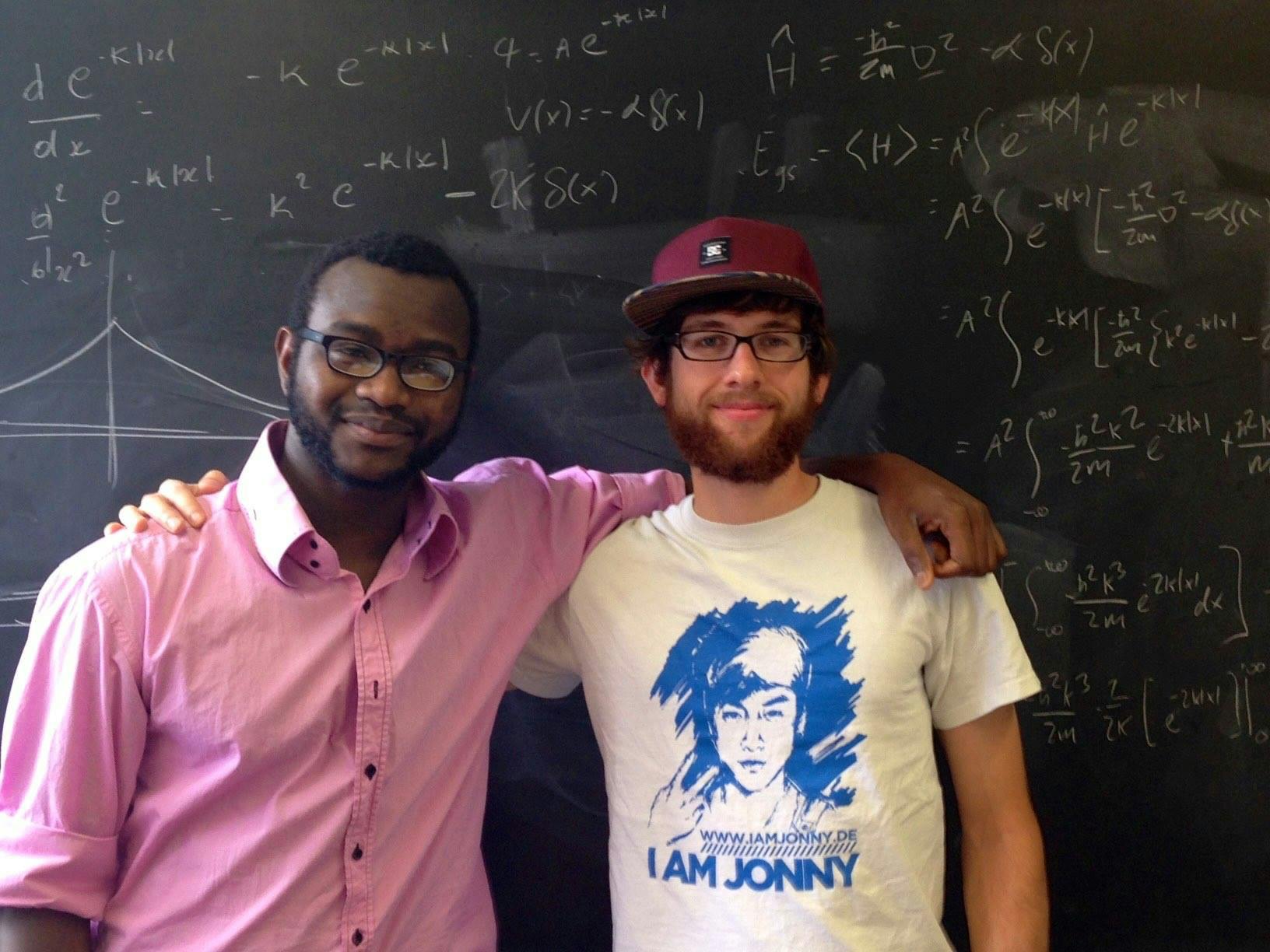
Before I enter neuroscience I want to become a physicist. To learn how to think. To learn how to compute. To learn how to reduce complex patterns to simple rules. For this purpose, I have to go back to Berlin to finish my bachelor's and master's in physics. This is tough. To learn to calculate you have to practice it over and over again. From the morning to the night. Then you might be part of the 50% of the physics students who pass the physics tests. Being able to calculate is the basic skill you need in physics.
But physics is not calculating. If you passed enough tests you are permitted to appear for the oral exam. The professor knows you can calculate. But do you understand physics? Do you know what you calculate? Do you know what that actually means? Do you understand the theory behind math? To understand the theory you have to read books you don't understand. Over and over again. This is studying physics. It's frustrating and hard. Why is it so hard? Because you learn to understand nature on such a deep fundamental level. You tune your brain from a bicycle to a Ferrari. This is why I study physics.

Will my brain later come closer to the riddle of consciousness? Will my brain understand how it works? Probably not. But it's fun to try and wonder. During my exchange year in Oregon, I successfully struggled my way through theoretical Quantum Mechanics and Electricity and Magnetism. But I also took classes in neuroscience. Those felt like a pleasurable breeze of knowledge coming right toward me. In those classes, I read texts I immediately understood. A brain mechanism is explained, you imagine it, and - you got it! This is what I loved so much about those classes: The amount of knowledge I learned in such an easy way. In so little time. Consuming textbooks was enough. I do understand the human brain much better now. But why is this possible? Because the level of understanding is not as deep as it is in physics. It is more general. Easier to obtain. And it's easier to fool you. To solve the big mysteries of neuroscience this kind of knowledge is not enough I believe. You do need the pain of learning undoubtedly true mathematics. And to apply it to the real world. This is why I took both physics and neuroscience classes during my exchange year in Oregon.
Will it help me to understand the basis of everything we experience? I'm excited to find out. But first I have to study much more physics.
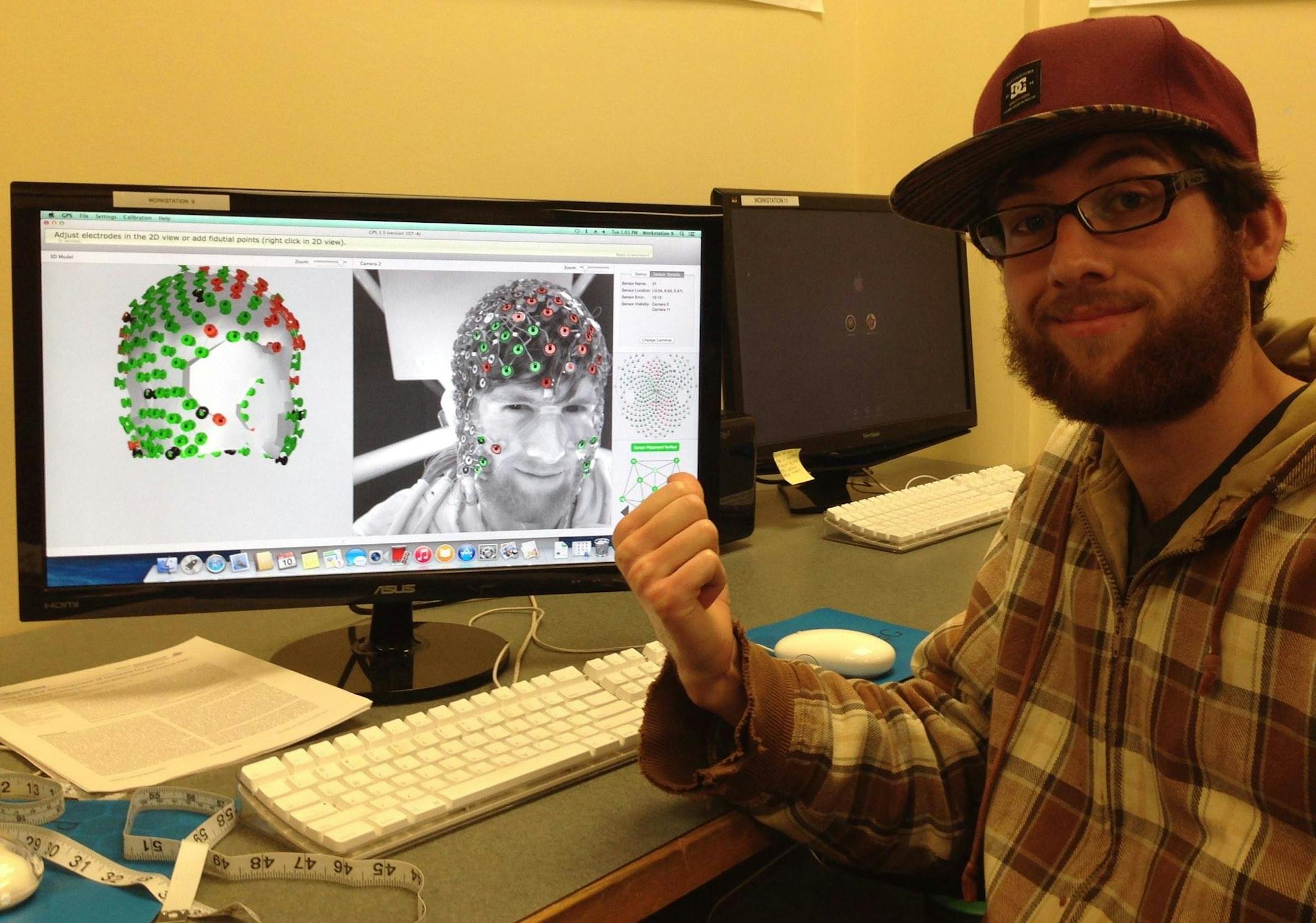
This is an old facebook post from 2015 that I recycled for my new blog.
